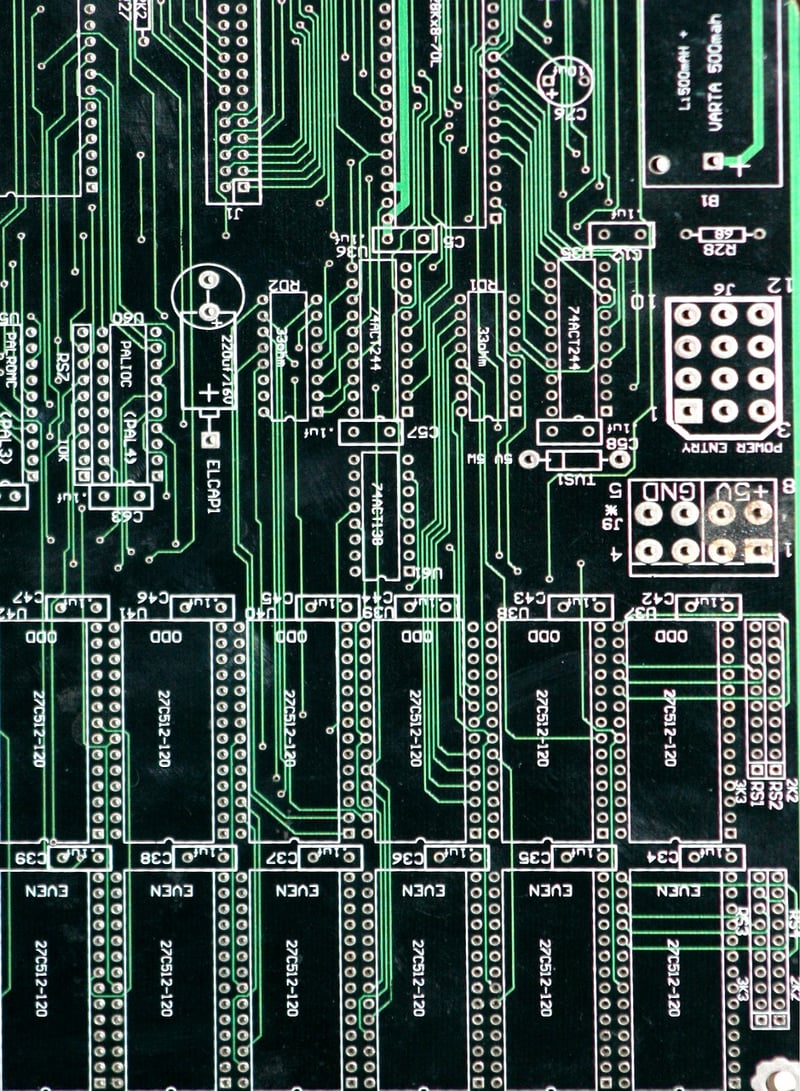Future Technologies
Exploring Different Eras and Future Technologies
Technology has always been at the forefront of human innovation, shaping and transforming our world across different eras. From ancient civilizations to modern times, and into the future, advancements in technology have been pivotal in driving progress and defining the course of history.
Ancient Civilizations
Ancient civilizations such as the Egyptians, Greeks, and Romans laid the foundation for technological development. They built remarkable structures like the pyramids, aqueducts, and amphitheaters using innovative engineering techniques of their time.

The Industrial Revolution
The Industrial Revolution in the 18th and 19th centuries brought about significant technological advancements. Steam engines, mechanized production, and the rise of factories revolutionized manufacturing processes and led to urbanization on a massive scale.

The Information Age
The latter half of the 20th century saw the dawn of the Information Age, marked by the rapid development of computers, the internet, and digital technologies. This era has transformed communication, commerce, and entertainment, connecting people worldwide like never before.

The Future of Technology
As we look towards the future, emerging technologies such as artificial intelligence, nanotechnology, and quantum computing hold the promise of reshaping our world once again. These innovations have the potential to revolutionize industries, healthcare, transportation, and beyond.

Key Future Technologies:
- Artificial Intelligence (AI)
- Internet of Things (IoT)
- Biotechnology
- Renewable Energy
- Space Exploration Technologies
Embracing these future technologies responsibly and ethically will be crucial as we navigate the ever-evolving landscape of innovation and progress.
Technology continues to evolve at a rapid pace, shaping our lives in ways we couldn't have imagined. By exploring the achievements of the past and embracing the possibilities of the future, we can pave the way for a more connected, sustainable, and advanced world.
